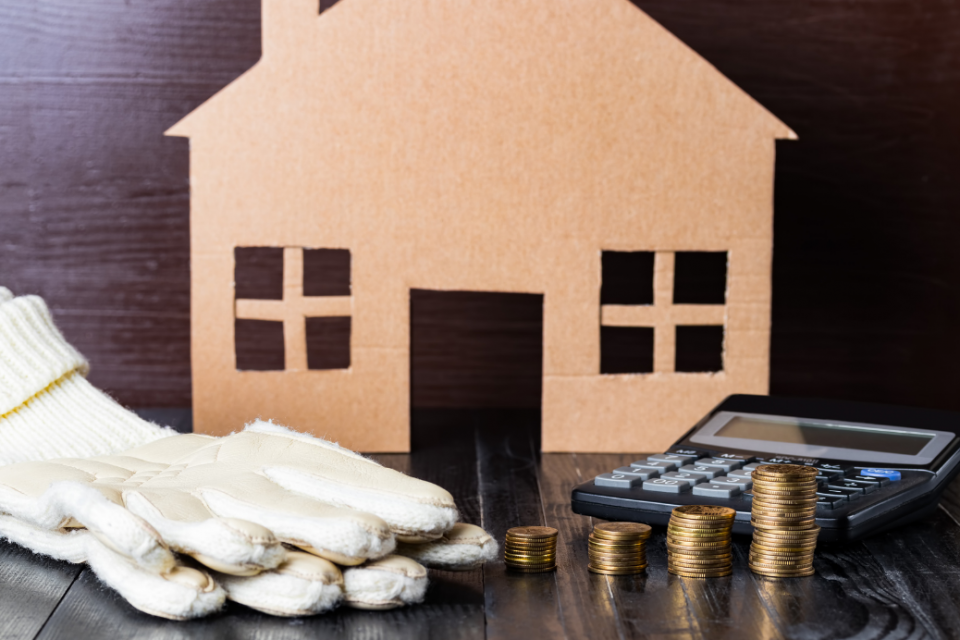Most homeowners will take the capital investment of a heat pump and its installation as their primary source of costing a central heating system, and then figure out how much money they’ll get back from RHI payments or other grants. Most proposals you’ll receive will clearly spell out the capital cost versus the return on investment (RoI). In addition to this, installers will often provide you with data that shows the savings you’ll make using your heat pump versus competing fuels like gas, LPG and oil.
But here’s the catch. Air source heat pumps use electricity as their fuel to generate the heat you need. We’ll use our heat pump as a classic example of this and show you a potential pitfall that you should take into consideration if you’re thinking of switching to a heat pump.
When we were quoted for our system in 2018, our primary source of heating was an oil boiler, so the estimated running costs and savings were determined by a 14.5p/kWh tariff for electricity and a rate of 52p/litre for oil. To work out a projected savings figure, our installers assumed a 2% annual inflation on both oil and electricity.
Our heat pump has now been running for over two years, so it’s interesting to see where the projections take us versus what has really happened.
In year two, the assumptions in our proposal stated that we would have paid £2,262 if we exclusively used oil and £1,704 if using a heat pump. Based on their 2% increases per annum we should be around 15p/kWh. To be fair, we were close to this until August (despite a lot of provider switching), but with the recent electricity price hikes, our tariff has been raised to 19.5p/kWh, and after a recent search to find a cheaper provider, the cheapest one we can find is 18.5p/kWh.
It goes without saying that this isn’t good scenario for us at all, and there’s also no chance that our heating will cost is £1,704 this year. It is going to be significantly more than this – any between £500-£750 depending on how cold it gets.
What compounds matters further is that the oil price in the first week of August was just 40p/litre, and 42p/litre this week. This presents a real running costs conundrum for homeowners because people that opt for heat pumps want to be sustainable from an environmental perspective, but financial sustainability must also enter the equation when the price gap between fuels starts to widen significantly, unless you’re fortunate enough to be a position where money is no object.
If you’re considering making the switch to an air source heat pump, you have to take potential increases in electricity tariffs into consideration and whether you will have the budget to pay for it. This isn’t an easy decision to make since we don’t know what is going to happen to the price of commodities, but you need to be aware that electricity tariffs can skyrocket and its often a good idea to have a contingency plan in place.


It would be interesting to see the figures for late 2020